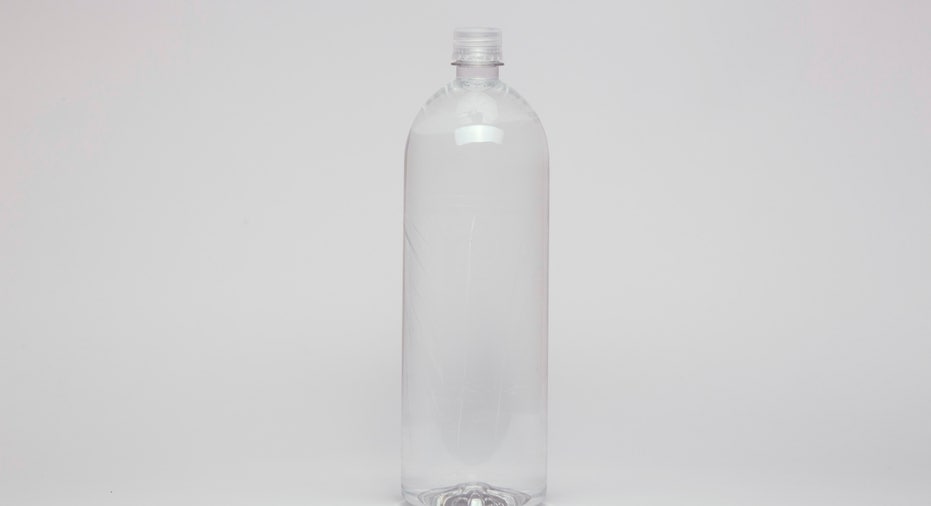Bottled Water Recall, 11 States Affected

Niagara Bottling issues a voluntary recall after a natural spring found traces of E. coli.
If you’re a bottled water drinker, you may want to check the label. Over 14 brands of bottled water distributed to 11 states have been recalled due to a potential E. coli contamination. Among these are food store brands Shoprite, Stop & Shop, Giant, Acme and Wegman’s.
The voluntary recall was issued at two of its Pennsylvania facilities after a spring found traces of E. coli in its water.
“This is a voluntary recall. Even if the spring has an issue, none of the water showed any issues in our tests,” says Stan Bratskeir, a spokesperson for Niagara Bottling, a family-owned bottled water company in the United States.
The following brands bottled between June 10th and June 18th were affected: Acadia, Acme, Big Y, Best Yet, 7-11, Niagara, Nature's Place, Pricerite, Superchill, Morning Fresh, Shaws, Shoprite, Western Beef Blue and Wegman's.
“This affects a regional level. Over the eight days, this bottled water was shipped to over 11 states," says Bratskeir in a FOXBusiness.com interview.
The states affected include Connecticut, Maine, Maryland, Massachusetts, New Hampshire, New Jersey, Ohio, Vermont, Virginia, North Carolina and Pennsylvania.
Bratskeir says Niagara’s water goes through a two-step process that includes microfiltration and ozonation that ensures that water is completely disinfected before it goes into the bottle.
“Even if there was an issue the water-which tested negative-it would have gone into the bottles as clean water during the manufacturing process,” adds Bratskeir. “The amount of water that got into the consumers hands is very small. The likelihood of the infected products would have only hit retailers on June 15th or 16th. Even then, if the retailer follows the first in, first out rule, there is even a greater likelihood that none of the products even hit consumers hands.”
According to their press release, the presence of E. coli indicates the water may have been contaminated by human or animal waste. Symptoms can include diarrhea, cramps, nausea and headaches. People with compromised immune systems, infants and the elderly are at an increased risk of experiencing symptoms if contaminated water is consumed.
Niagara water bottles are identified by a code, which indicates the place, date and time the product was produced.
“Niagara water is safe to drink and consumers who are concerned should check their codes on their bottled water and if they don’t find the code on our website then it’s absolutely safe to drink,” says Bratskeir.



















